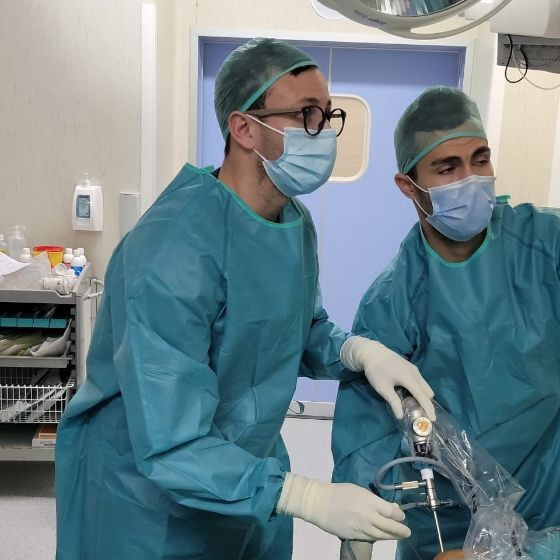Description
Purpose:
We are living in a world that has become saturated with plastic. It has flooded our daily activities, our oceans and landfills..
The healthcare industry is a significant contributor to single use plastic waste, particularly the operating room (OR). This study aims to assess the volume of plastic waste generated during total hip, knee and shoulder arthroplasty at the OR and identify areas for improvement.
Method
A prospective transverse study at a tertiary hospital was conducted. All total knee (TKA), total hip arthroplasty (THA) and reverse shoulder arthroplasty (RSA) from April 2021 to July were included. The weight of plastic used during the patient preparation, anesthesia, and surgical procedure was recorded. To calculate the environmental impact, a calculator generated by the United States Environmental Protection Agency (EPA) was used.
Results
A total of 68 surgeries were included. The mean weight of plastic used in total was 7.3 Kg (SD 0.48), with the highest yielding procedure being TKA, generating a mean of 7.63 Kg (SD 0.28), followed by THA generating 7.28 Kgs (SD 0.43), and RSA with 6.87 (SD 0.47).
Various scenarios were simulated to evaluate the potential impact of reducing plastic waste. Substituting plastic wrapping with recyclable materials could save 159,824 Kgs of CO2 emission per 100 protheses. Eliminating non-essential equipment and adopting reusable fabric drapes also showed a significant potential.
Conclusions
The findings highlight the need for environmentally sustainable practices in the OR. This way the healthcare sector can contribute to a cleaner and greener world without compromising patient safety.




